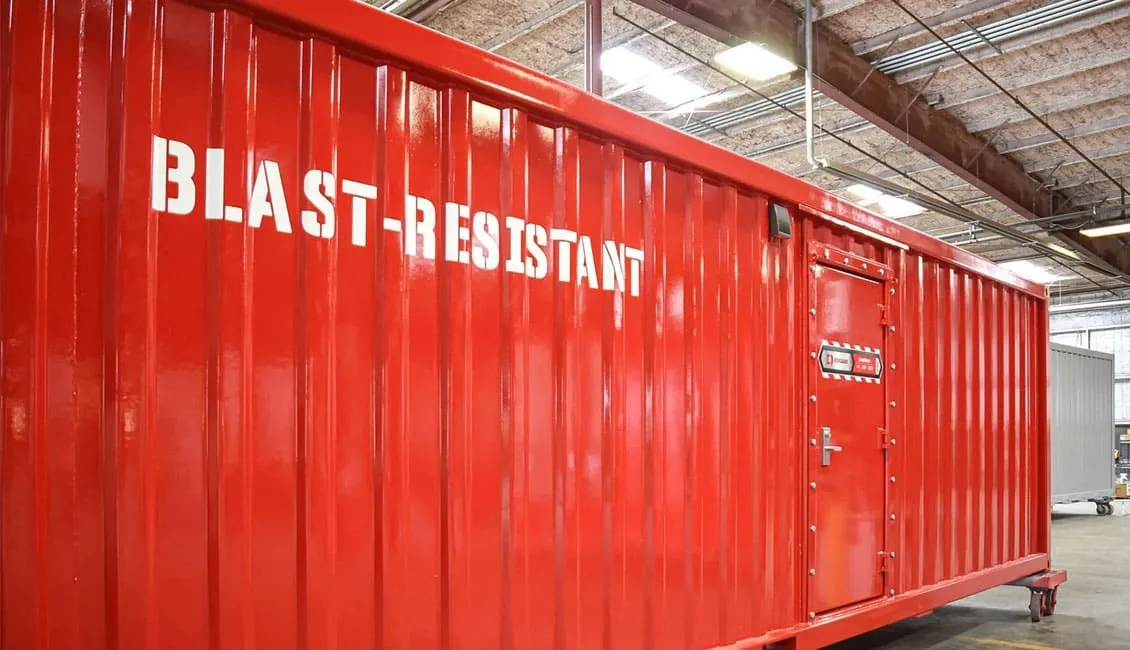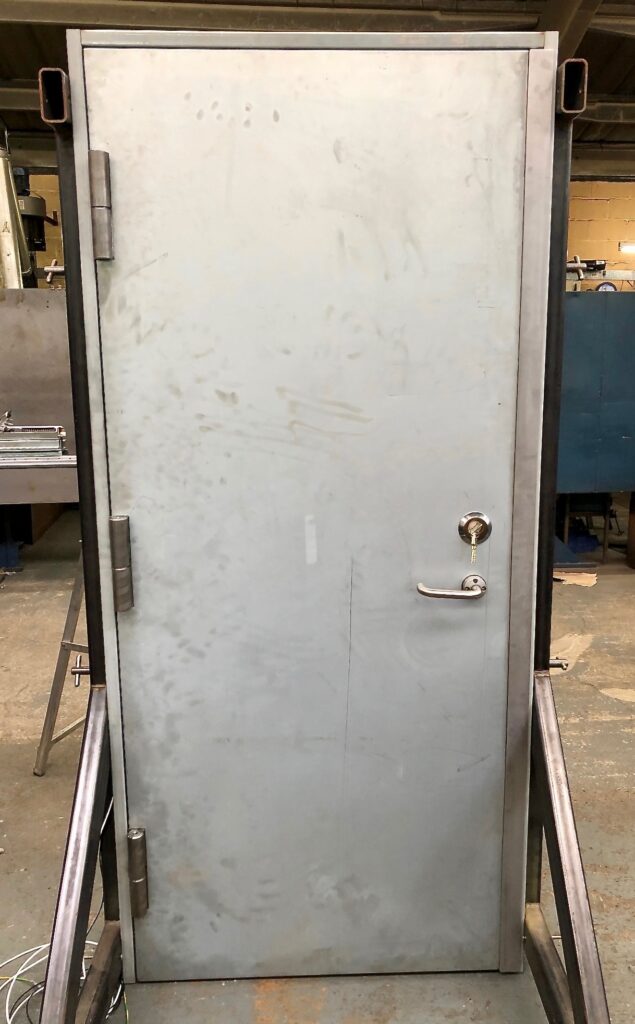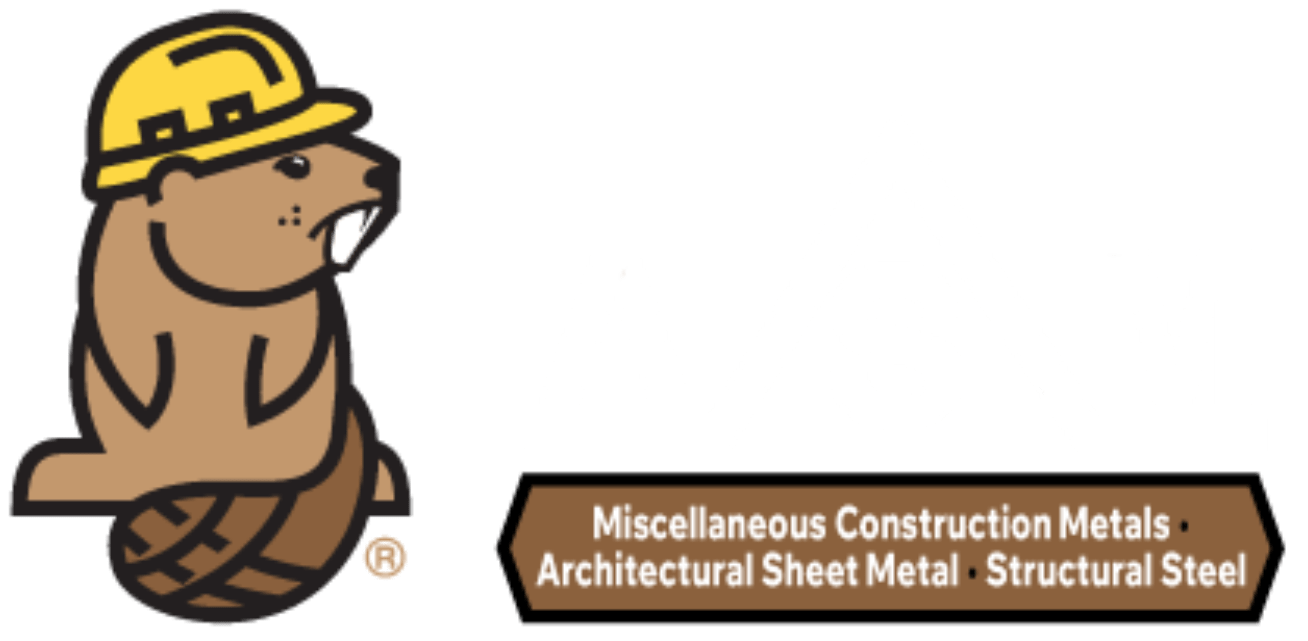
What is Architectural Metal for Blast Resistance?
Architectural Metal for Blast Resistance has been utilised to protect against blasts made from both manufactured and natural sources. The most common metals for blast resistance are aluminium, steel and titanium. In the case of protecting property and people from harm, steel is a crucial element.
It is the most popular material in blast protection since it’s sturdy yet lightweight. Steel can also endure a lot of force before failing. That makes steel the best material for buildings and other structures that blasts might damage.
Aluminum is another widely used material in blast protection due to its lightweight and capability to disperse energy fast. It is the ideal choice for construction outdoors, such as bridges and stadiums that could be affected by explosions. Aluminum has another advantage over steel because it isn’t susceptible to rusting or corroding when pressure is applied.
How to Choose the Right Architectural Metal for Blast Resistance?
The most appropriate architectural metal for blast resistance is essential when creating any structure. There are a variety of metals that could be used to achieve this. Here are some guidelines for choosing the best Architectural Metal for Blast Resistance:
- Think about the function that the construction serves. If the objective is to safeguard individuals or property from damage, using a material with more excellent blast resistance ratings is essential.
- Examine the manufacturing standards for the material. Many metals are produced by using top-quality processes, ensuring they can withstand extreme pressures and temperatures.
- Be aware of the cost and availability of various architectural materials. Certain metals are more expensive than others. However, they could also be harder to locate in specific regions.
- Find out what you require. It is first necessary to determine what you want your architectural metal to accomplish, like withstand blasts or fire resistance. Once you have this information, you can start exploring the different types of architectural metals and their ratings.
Blast-Resistant Metal for Enhanced Building Safety
Safety in the construction industry is an essential concern for individuals and businesses. To safeguard customers and employees from the dangers of blasts is essential to utilise blast-resistant metals when building. Metals for blast resistance are designed to withstand high-intensity explosions and are ideal for construction sites.
There are a variety of blast-resistant materials for sale. The most popular Architectural Metal for Blast Resistance are steel, aluminium and titanium. Each has unique characteristics that make it efficient in securing people from blasts. The most popular kind of blast-resistant metal is used in construction. It is incredibly light and easily incorporated into structures. However, it doesn’t protect against explosions as other metals do. Steel is a prevalent material for building blast-resistant barriers since it can withstand fire and explosions.
Benefits of Using Metal Alloys for Blast Resistance:
For protection against blasts, metal alloys have the highest efficiency. They’re the most effective in protection and cost-effective, and easy to use. Knowing Architectural Metal for Blast Resistance, here are some advantages that metal alloys can provide for blast resistance.
- Metal alloys provide excellent protection from blasts. They can withstand higher temperatures and pressures than other materials. This means that they shield the building and the inhabitants from injury.
- Metal alloys are relatively inexpensive. They are an excellent option for projects that require the ability to be affordable for companies or businesses.
- Metal alloys can be used in many ways, which makes them an excellent option for people who want to develop their blast security plans.
- Metal alloys are very highly adaptable. They can be utilized in various ways, such as automobile products, construction, and engineering machinery.

What is Architectural Metal, and Why is It Important For Blast Resistance?
The metal used to build structures and components in modern architecture is called architectural metal. The reasons for its importance stem from the properties of this type of metal that make it so effective in resisting blast forces.
First, architectural metal is strong yet lightweight. This combination makes it ideal for use in tall buildings, where a heavier material would cause instability. Second, architectural metal has good heat conductivity. This means that it can transfer heat quickly and effectively from the interior of a building to the surrounding environment, which is essential in hot climates or during firefighting efforts.
Finally, architectural metal is corrosion-resistant. This means that even after being exposed to harsh environments and high-stress levels, it will remain structurally sound over time. Taken together, these factors make architectural metal an extraordinarily versatile and reliable material choice for buildings and components around the world.
Types of Architectural Metal for Blast Resistance:
- Architectural metal is used in various applications, including buildings, bridges, and other infrastructure metal needs to have the ability to withstand blasts that can damage the structure or injure people. Various architectural metals can meet this requirement, each with unique features.
- Cast iron is one of the most common types of architectural metal. It has a low density and flexibility, making it easy to shape. Cast iron also has good corrosion and oxidation resistance, making it ideal for outdoor applications where exposure to elements is possible.
- Steel is another popular type of architectural metal. It is strong yet lightweight, making it ideal for tall structures such as buildings or bridges. Steel also has good resistance to corrosion which means it can be used in indoor environments where water may be a problem.
For more articles like this visit: American Sheet Metal
